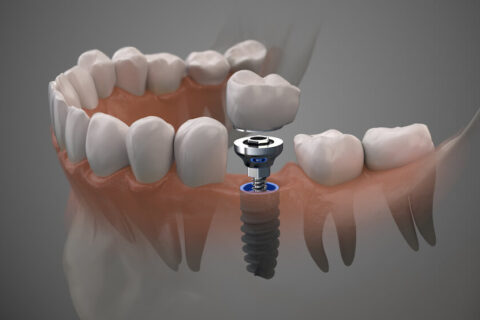Spotting the Symptoms of Gum Disease
Gum disease is a serious oral health issue that will lead to significant problems if you do not get the proper treatment for it. If you can spot gum disease early, you have the best chance of avoiding more serious issues like huge pockets in the gums or loose teeth. Keep reading to learn how to spot periodontal disease in Denver:
Red, Swollen Gums
In its initial stages, gum disease will cause redness and swelling in the gums. When you brush and floss your teeth, you should pay attention to the look of your gums to see if you notice any redness, swelling, or tenderness. You might also notice that your gums bleed. If you see any of these issues, you should schedule an appointment with your dentist.
Receding Gums
When periodontal disease starts to attack the tissues and fibers that support the teeth, you might start to notice that your gums are receding. If your teeth suddenly look longer than they once did, it is very important to visit the dentist to start getting gum treatment. These treatments will help get rid of the bacteria and infections in your mouth before they destroy any more tissue.
Loose Teeth
Gum disease can also affect the way your teeth fit into your mouth. Once the disease starts to attack the bone and fibers in the gum, some of your teeth might start to loosen or separate. Without the proper attention, they might fall out.
Bad Breath
When there is so much bacteria and infection in your mouth, it might start to affect your breath. If you suddenly have bad breath when you never had a problem with it before, you should schedule an appointment with your dentist. Your oral health professional can examine your mouth and determine if periodontal disease is causing the problem.



